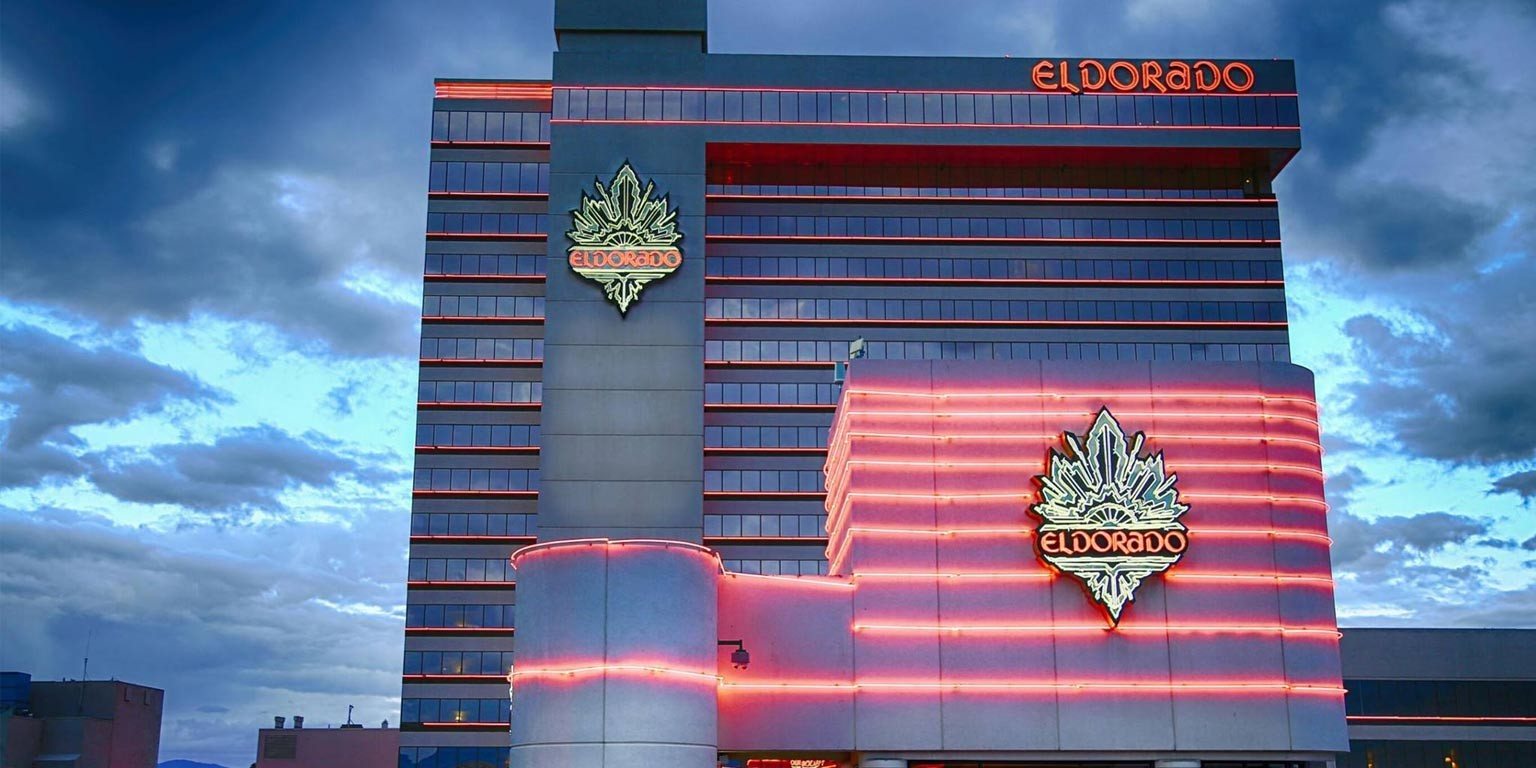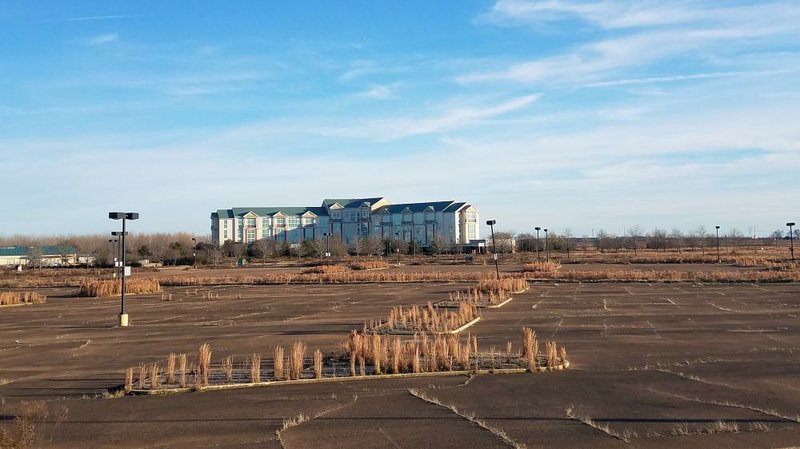To protect its merger with Eldorado Resorts, Caesars Entertainment was among the last casino companies to close during the coronavirus outbreak. But even if the deal goes through, there could be tough times ahead for Caesars — and the banks financing the deal.

Last June, Eldorado Resorts agreed to acquire Caesars Entertainment in a deal valued at $17.3 billion. To finance the merger, Eldorado secured $7 billion in financing from JPMorgan Chase, Credit Suisse, and Macquarie Group.
The deal was risky at the time, saddling the resulting company with $21 billion in debt. But now, with the coronavirus responsible for shutting casinos across the country, the Eldorado-Caesars merger is perilous. And it’s a peril Caesars knows all too well.
Deja Vu All Over Again for Caesars
In December 2006, Harrah’s Entertainment (later renamed Caesars) agreed to be acquired by two private equity firms. At the time, it was the fifth-largest leveraged buyout in history. The company took on a $25 billion mountain of debt, but the private equity firms, Apollo Management and TPG Capital, had a plan.
In 2006, real estate was selling for top dollar, so the companies figured they’d sell off some of Caesars’ many casinos to pay down the massive debt.

There was only one problem: casinos are a regulated industry and Caesars had properties in many locations. Every state regulatory agency had to approve the acquisition and it took more than a year to get all those approvals.
In that time, the real estate market collapsed and the stock market was cratering. Once the deal finally closed, the private equity firms couldn’t give Caesars’ properties away.
Year after year, Caesars struggled with the debt. Unable to sell and no longer to carry the costs, it shuttered some casinos in Atlantic City and Tunica. The company finally filed for bankruptcy protection in early 2015.
The pending Eldorado acquisition was finally going to allow Caesars to leave its dark days behind. That is, until the coronavirus outbreak.
Coronavirus Headache for Eldorado, Caesars’ Bankers
A lot of things can go wrong to derail a merger, especially one as large, regulated, and leveraged as a casino union. Some mergers fail due to a force majeure (or “act of God”). An unforeseen occurrence might free either party from a merger. But in the contract between Eldorado and Caesars, the coronavirus alone isn’t a valid reason for termination.
For the virus — or any public health emergency — to be grounds for termination, Caesars would have to suffer more from its effects than its peers. That may be one reason why Caesars kept its Las Vegas casinos open longer than did MGM and Wynn. Caesars wants this merger, so it went out of its way to prove it was able to operate, even when its peers couldn’t. That, however, didn’t mollify the deal’s bankers.
The banks are on the hook for $7 billion, and while that looked like a no-brainer in June, it’s a nightmare today. In June, the banks could have easily offloaded that debt to investors. But that debt is much more likely to go into default now, thanks to the coronavirus. As a result, the banks may have to keep some of it on their own balance sheets.
Meanwhile, the merger between Eldorado Resorts and Caesars Entertainment is miraculously still on track to close sometime in the next month.










Can you tell us more about this? I’d love to find out some additional information.|